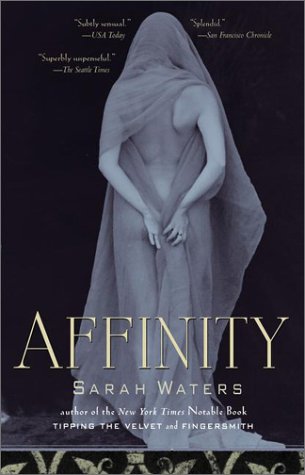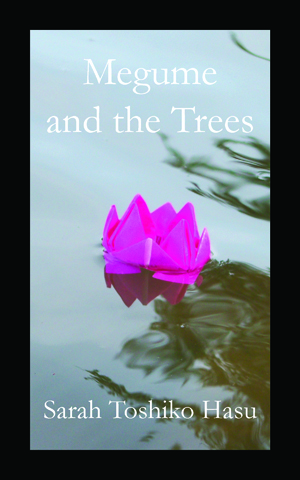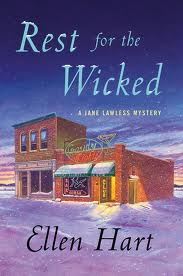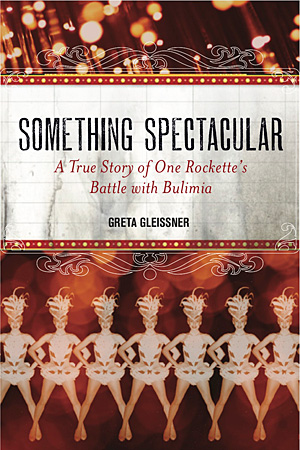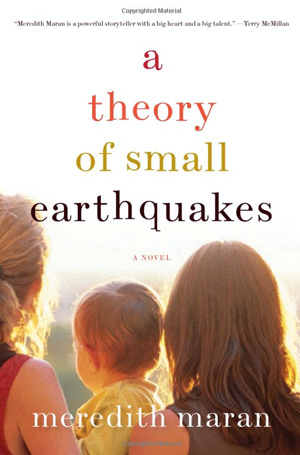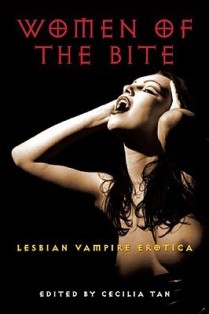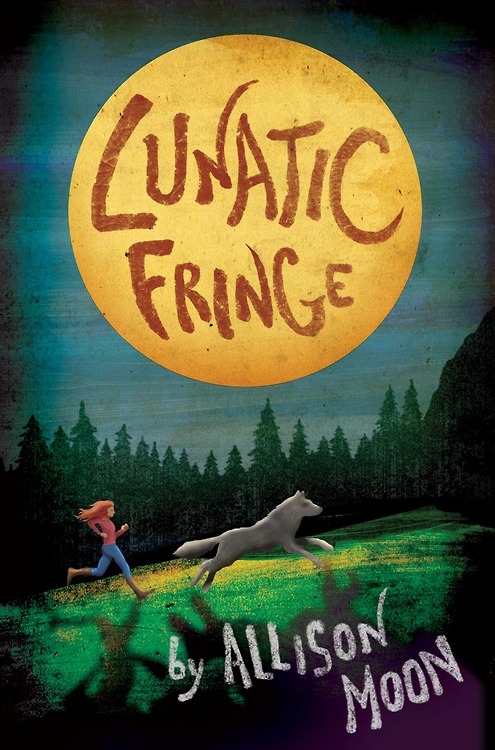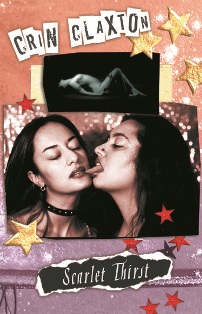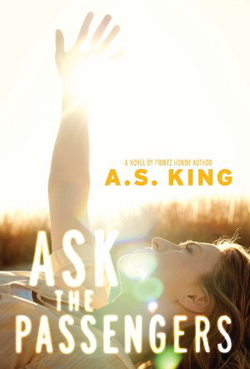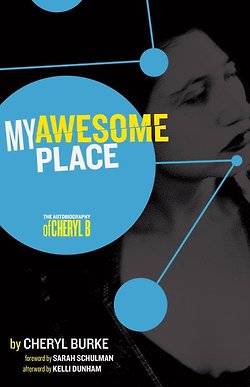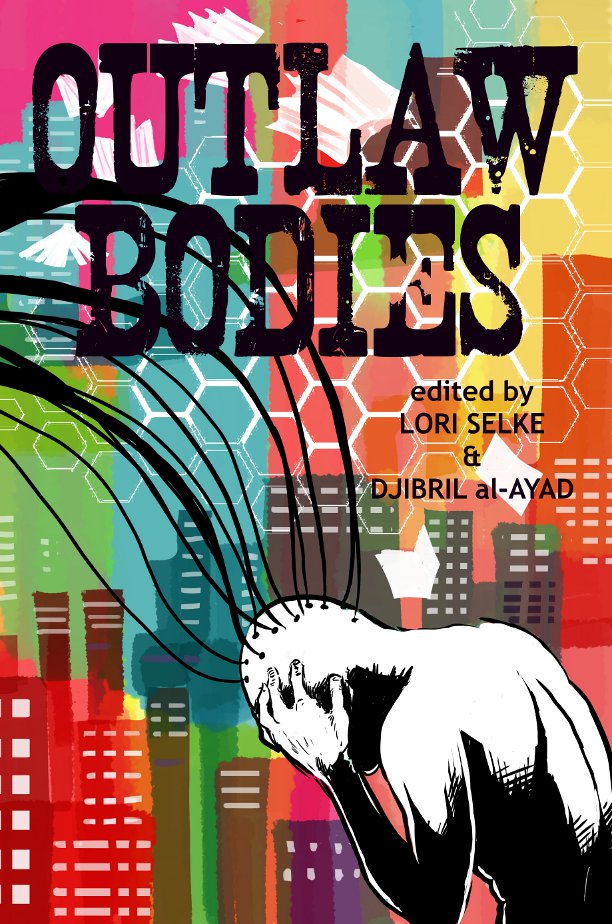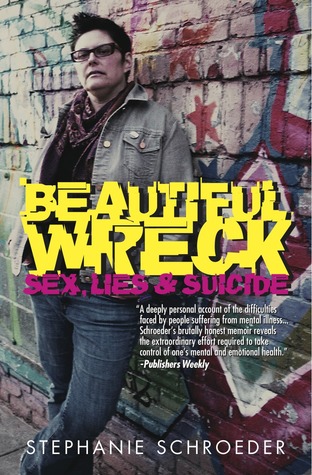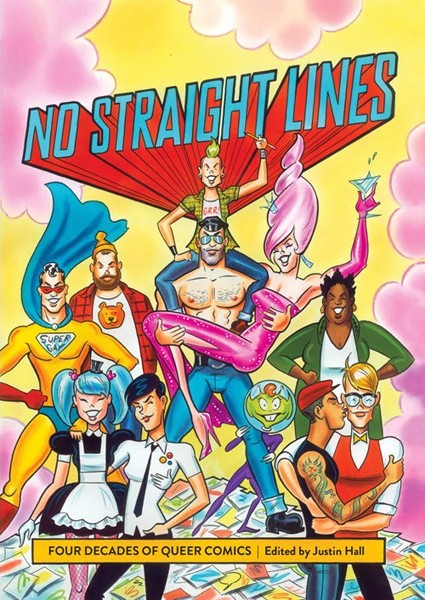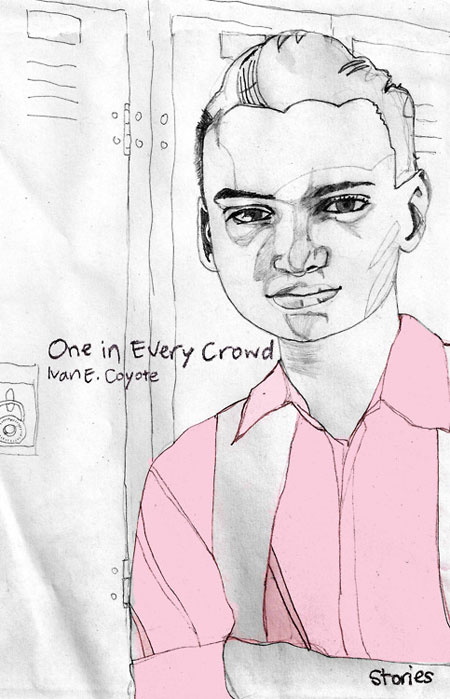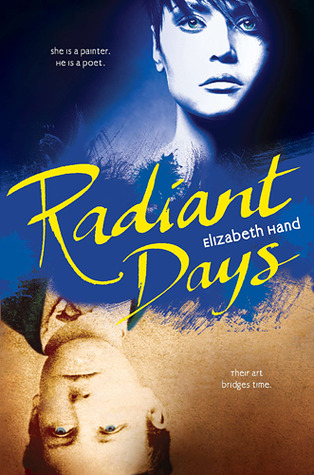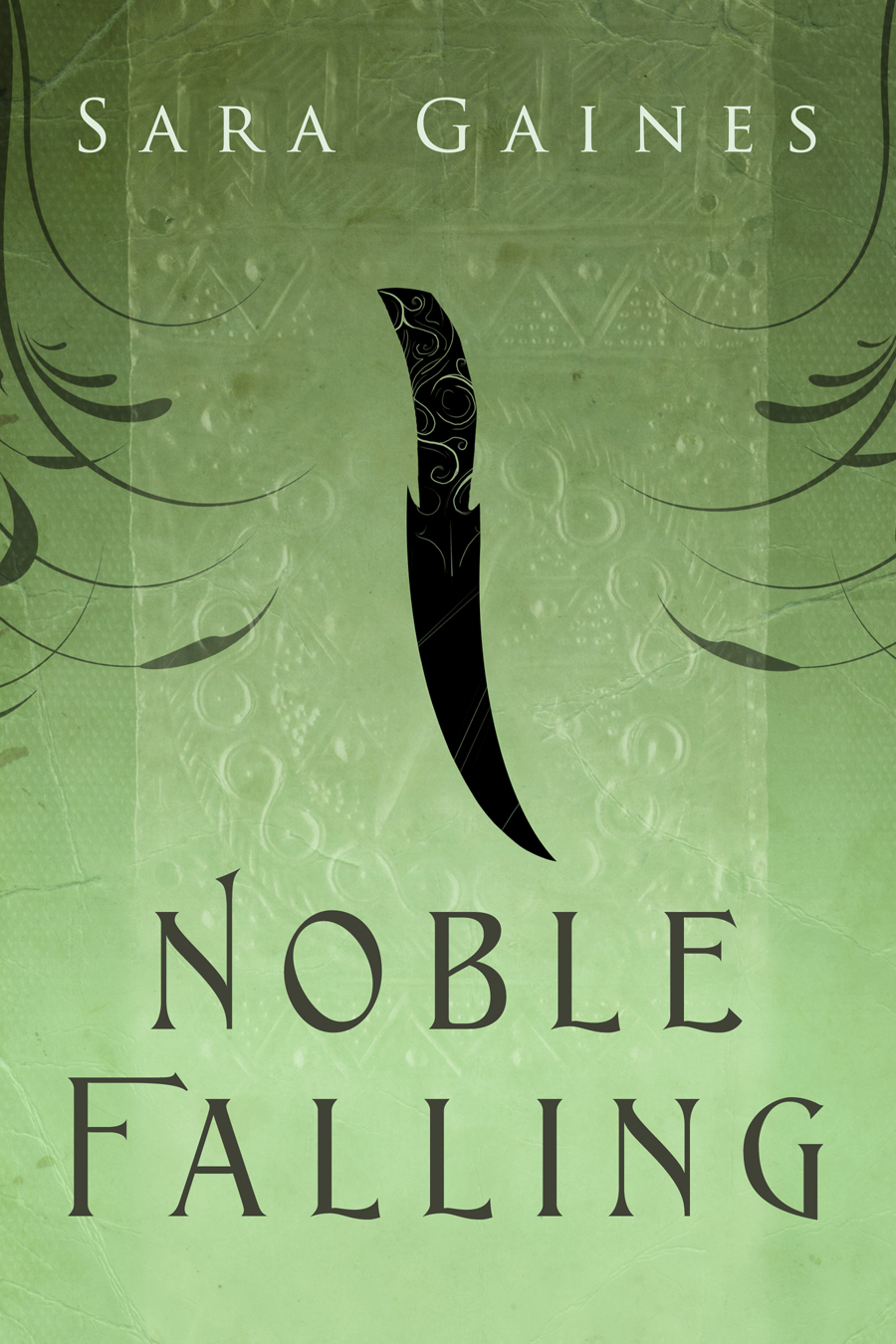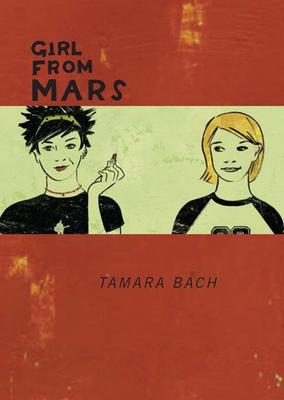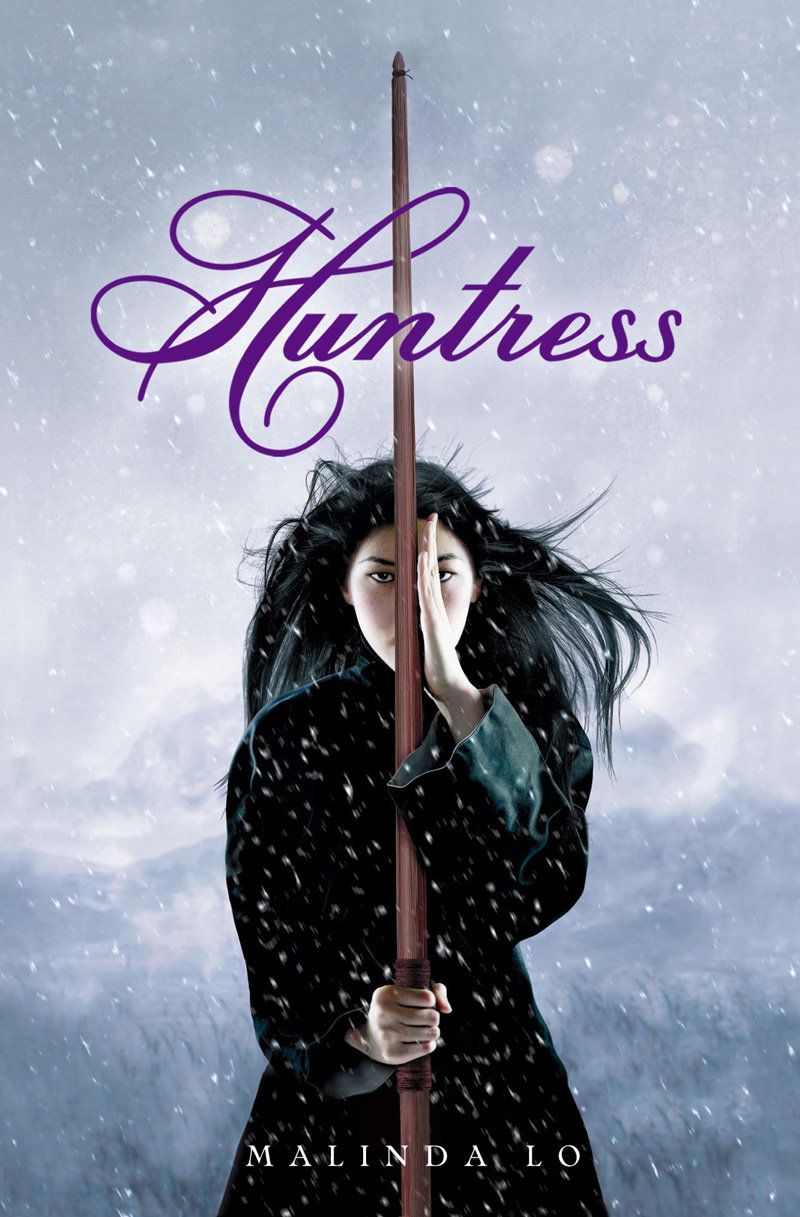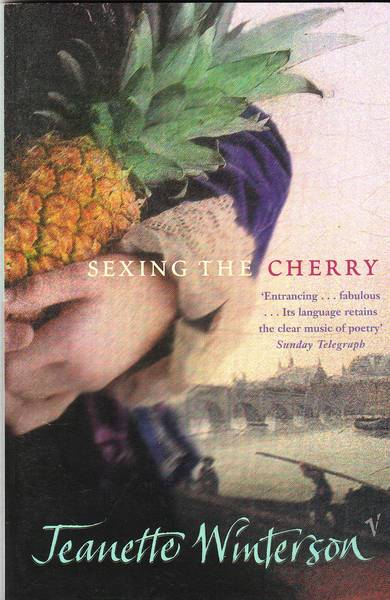
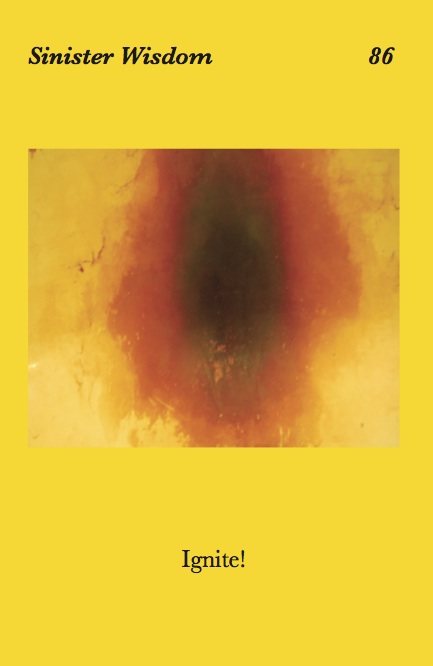
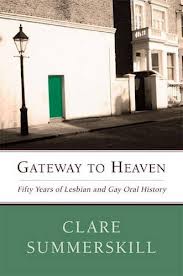
Autostraddle posted This NSFW Video Of Teresa Reading Jeanette Winterson Is Relevant To Interests.
Elisa posted LGBT Ebook and Print Releases October, 2012.
lesbian meets books nyc posted If the purpose is connection, embrace digital: To Sinister Wisdom and any other heretofore-unknown lesbian journals I wish I could easily access.

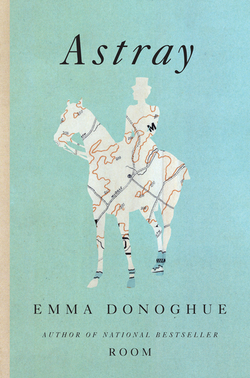
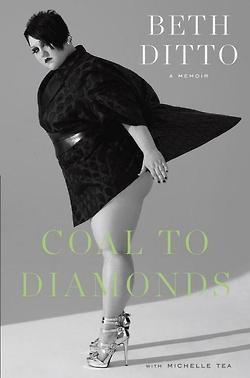
Piercing Fiction posted Lesbian Fiction Readers’ Choice Awards closing.
Queer Book Club posted More queer reads out this month.
QWOC Media Wire posted LGBT Elders, Disability, and Community Care: Support Queer Brown Activist, Aurora Levins Morales.
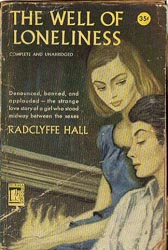

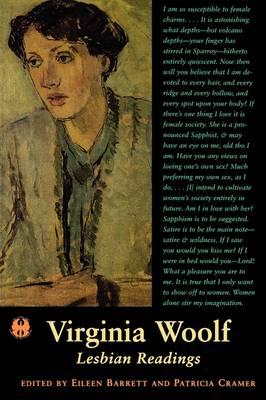
“Comic Books Embrace Gay Characters as Readers Hope It’s Just the Beginning” was posted at The Guardian.
“A Few of the Best LGBT History Archives in the U.S”. was posted at the Huffington Post.
“LGBT History: Famous Women Who Loved Women” was posted at the Huffington Post.
“ANNOUNCEMENT: LGBTQ Book Blogger Directory” was posted by Bonjour, Cass!

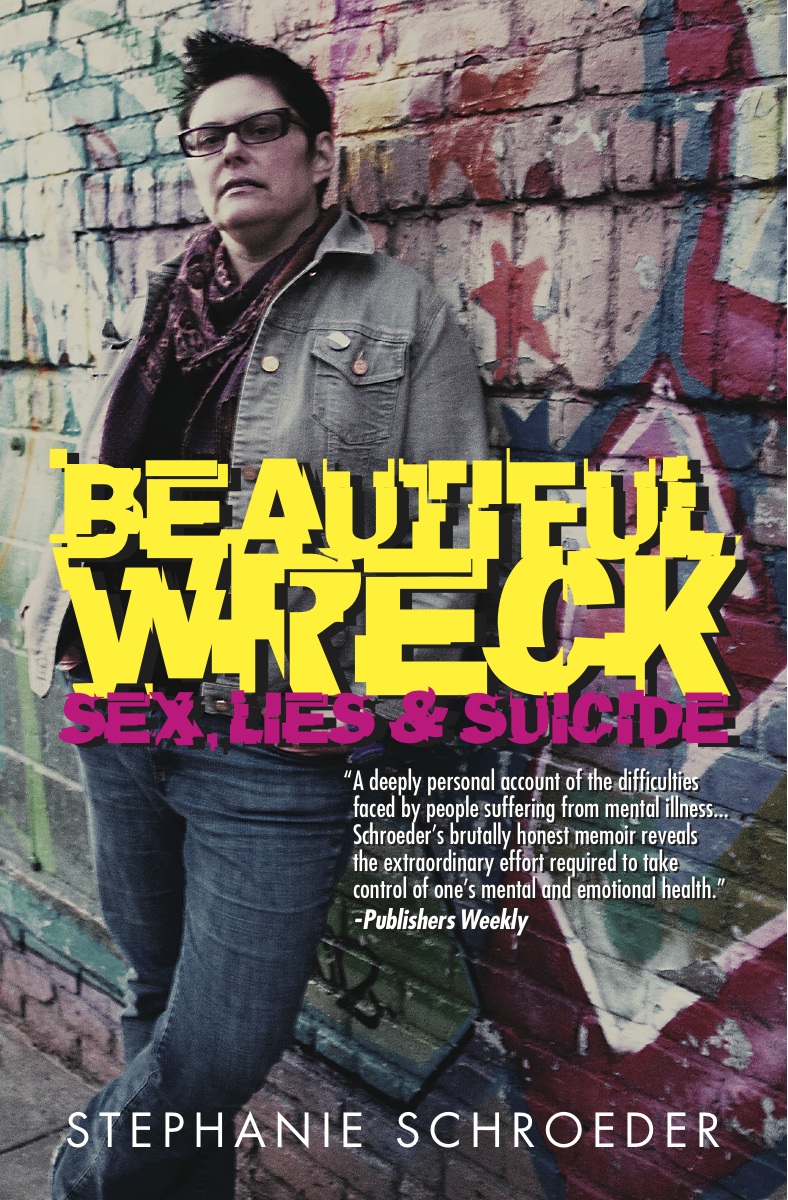
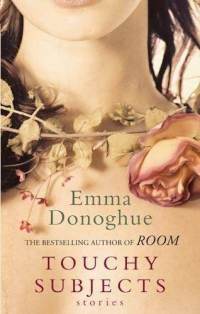
Emma Donoghue was interviewed at OUT.
Stephanie Schroeder was interviewed about her book Beautiful Wreck: Sex, Lies & Suicide at Curve Magazine.
Rachel Spangler was interviewed at Women and Words (plus giveaway!)
Jeanette Winterson won the Independent Booksellers’ Book Prize 2012.
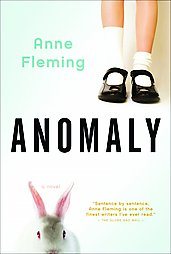
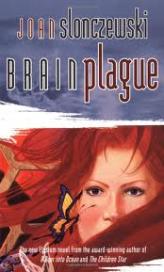

Awakenings by Jackie Calhoun was reviewed at Lambda Literary.
Astray by Emma Donoghue was reviewed at Lambda Literary.
A Perfect Match by Erin Dutton was reviewed at C-Spot Reviews.
Anomaly by Anne Fleming was reviewed by Casey the Canadian Lesbrarian.
Brain Plague by Joan Slonczewski was reviewed at SFFic.

